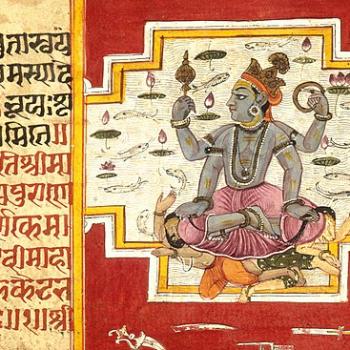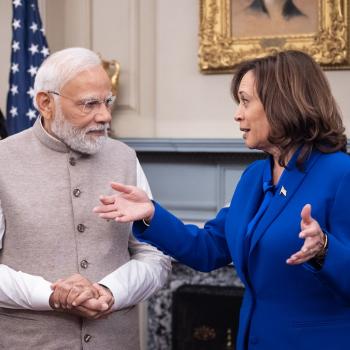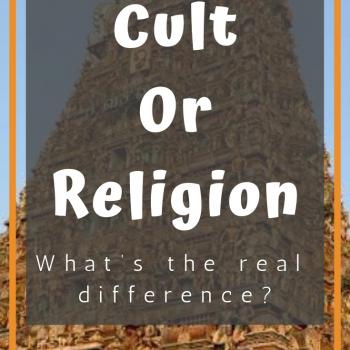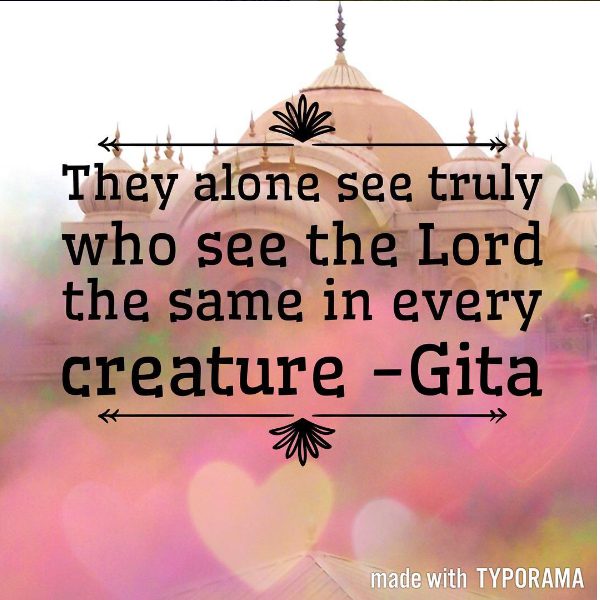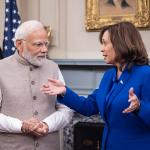Believing, as I do, that all religions have a core of peace and love for all humanity, I asked some people of Christian and Muslim faith to talk to me about the ways in which those religions encourage peace. Not everyone agreed with my conclusion! David French wrote a post in response to my question to say that it was wrong to equate the amount a religion is peaceful with how true it is.
He says Christianity is not a religion of peace. That surprised me! From what I’ve heard about Jesus he seemed to be a very peaceful person, encouraging love and forgiveness. Here is David’s post: http://www.patheos.com/blogs/frenchrevolution/2013/06/13/christianity-is-not-a-religion-of-peace-thank-god/ His conclusion is:
While we eagerly await the ultimate peace of the Kingdom of Heaven, we live in the fallen, broken world. And I thank God that He has called and empowered men — in the right times and right places — to draw the sword to fight back against the worst and most vicious wrongdoers — to impose a measure of justice and, yes, peace on Earth.
I can see what he’s saying, but something about it made me feel very uncomfortable. I finally realized that it was the part about the vicious wrongdoers. How do we recognize them? This post makes me think that my people could be declared wrongdoers for not being Christian! No wonder Hindus feel defensive. I thought Christians who would attack or coerce Hindus were just plain wrong, but do they have support from mainstream Christians for this behavior? Maybe they do. Terrifying.
I was watching Django Unchained (amazing movie, btw) and as I saw the klansmen ride it made me think about this question. I err on the side of peace because it seems to be really easy to get the message from God wrong. Those kkk men believed that they were doing God’s work. They believed God wanted them to kill non-whites. They saw themselves as the righteous warriors holding back moral depravity for the sake of God. And how wrong they were. How terribly, terribly wrong.
How do we know who those vicious wrongdoers are?
I will not say that there is never a time for war. The Mahabharata does give us an example of how war is sometimes a necessity. Sometimes injustice is clear as day, but so, so rarely.
I think it’s like when you get in a fight on Facebook. Your brother-in-law says something you disagree with about, say, prayer in schools. And you point out all the ways he is wrong. Does he realize that you’re right? Change his tune? Agree with you? Of course not. He gets defensive and tells you why you’re wrong and pretty soon the conversation devolves into you both screaming at each other about what an idiot the other is. Sound familiar?
But if you can approach a person who you disagree with from a place of love, seeing them as yourself, maybe the argument could be approached differently. Maybe you say to him that you understand where he’s coming from and gently show your point of view without accusation.
I think those two approaches are the difference between war and peace.
It seems to me that war usually breaks out because of this defensiveness, because of the way we treat one another. The Mahabharata has more to say on this subject:
Krishna asks if everything possible has been done to prevent the war. The war is truly the very last resort. Not that we never get there, but we do everything in our power not to let it get to that point.
There are places where Krishna suggests that the real war is going on inside Arjuna. In a way the entire battle is a metaphor for our inner struggle as human beings. The most important thing is our inner landscape. Our motivations for what we do in the world are what counts. If it comes to a physical fight, we better be engaging in it without anger, passion, or revenge. If we must fight someone, I think it is done with sadness and supreme reluctance.
Gandhari says that when people prefer their own children to the children of others, that is when war is near. When we see all children as ours, all of humanity as our family, war becomes much harder to stomach. We find other ways because we want to protect those we love. If we love all of humanity, we work hard to find peaceful resolutions to conflicts.
Every guru I know (and even Jesus too) preaches over and over about peace and love for all. Loving others because they are your Self. I do think that peacefulness is a quality to respect and the truest measure of our spiritual life is how much we can love.




